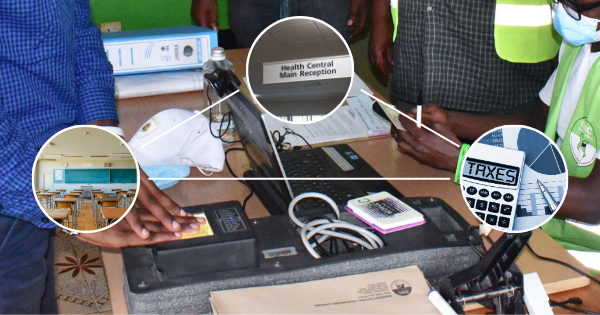The government has released the proposed Finance Bill for 2025. This year’s theme is “Consolidating Gains under Bottom-Up Economic Transformation Agenda for Inclusive Green Growth.” The bill is part of the national plan to grow the economy, create jobs, and reduce public debt. It also connects with Kenya’s Vision 2030 goals. Treasury Cabinet Secretary John Mbadi is expected to table a Budget Statement outlining spending plans of at least KSh 4.23 trillion on 12 June 2025.

In 2024, Kenya’s economy slowed down and grew by 4.6 percent compared to 5.6 percent in 2023. It is expected to improve in 2025 upto about 5.3 percent as agriculture and services recover. However, changes in global trade, especially new tariffs from the United States, could affect exports. These are some of the reasons why the government is adjusting how it collects taxes.

Here are the key proposals explained simply.
1. Tax on imported items
There will be more tax on certain imported goods like plastic, paper, and glass. This may increase their prices locally.
2. Digital services will be taxed
Online services, even those from companies outside Kenya, will be taxed if they are used by people in Kenya. Foreign platforms like Netflix, Zoom, Amazon, and Facebook Ads will now be taxed for serving Kenyan users.
3. Tax refunds for system mistakes
If you paid the wrong tax because of a system error, there is now a way to get a refund or waiver.

4. Lower tax on steel
The tax on steel products will go down. This may make construction and manufacturing cheaper.
5. Company restructuring changes
When companies transfer property to shareholders as part of restructuring, it will no longer be taxed.
6. Misuse of tax-free items
If tax-free or zero-rated products are used in ways they were not intended for, tax will now apply.
7. Changes to VAT rules
Some items that were previously zero-rated are now tax-exempt. These include electric bicycles, electric buses, raw materials for animal feeds, and pharmaceutical raw materials.

What is the difference?
Zero-rated items have no VAT and businesses can claim back VAT they spent. Tax-exempt items also have no VAT, but businesses cannot claim refunds. This change may affect business costs.
8. Increased daily travel allowance
The tax-free allowance for employees who travel for work will go up from 2,000 shillings to 10,000 shillings per day.
9. Time limit on business losses
Businesses will only be allowed to carry forward their tax losses for five years. Before, there was no time limit.
10. New tax enforcement power
The tax authority can now ask for payment even when a tax dispute is still being handled in court.
Want to read it yourself?
You can find the full Finance Bill 2025 on the official website of the Parliament of Kenya. Click here.
This bill is still a proposal. Citizens are encouraged to read it and give feedback before it becomes law.
Join our WhatsApp channel here for inspiring insights on social issues




